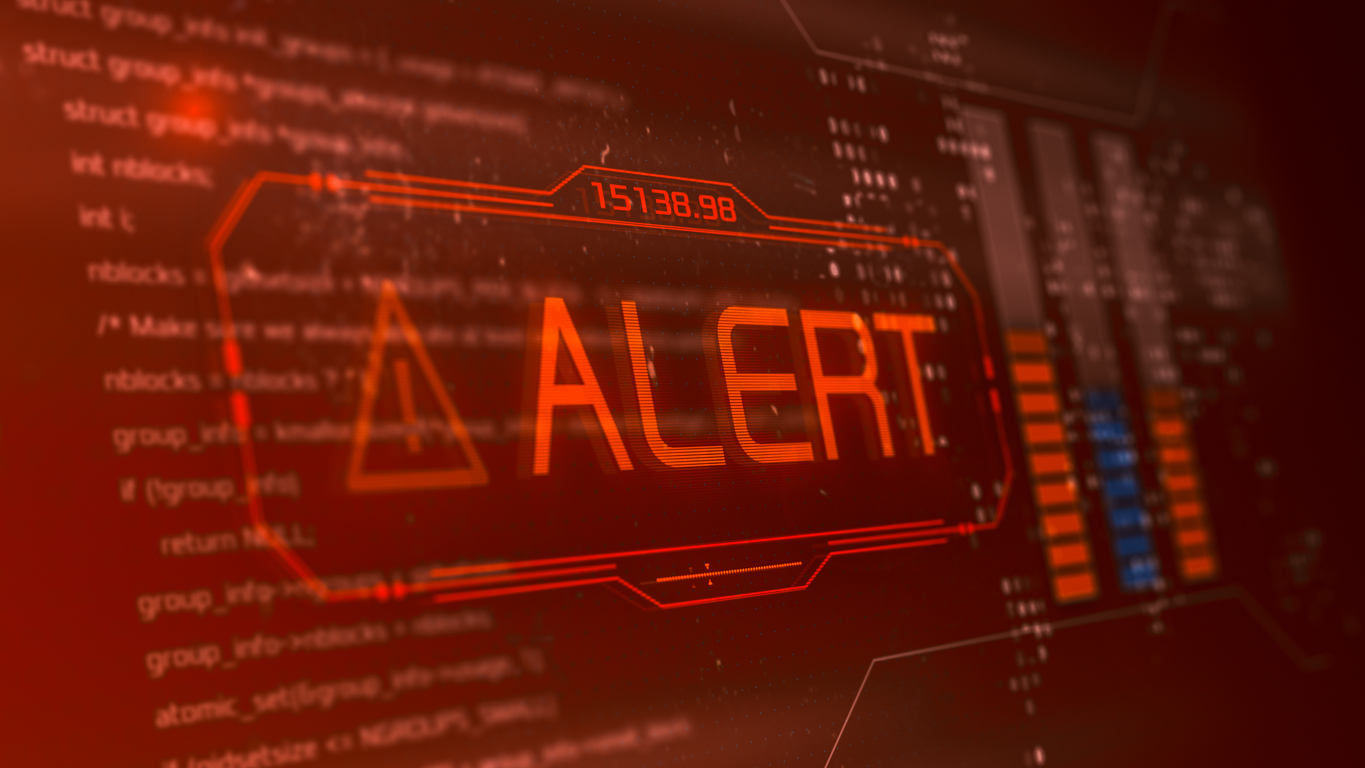2024/03/18
Competency Assessment System to be Introduced; Risk-Conscious and Transparent Operation is Expected

On February 27, the Cabinet of Japan approved a bill to set up a competency assessment (security clearance) system that would limit access to classified technical information critical to national economic security to those who have obtained qualifications approved by the government. The competency assessment for accessing secrets related to defense, diplomacy, prevention of specified harmful activities, and prevention of terrorist activities was introduced in conjunction with the “Act on the Protection of Specially Designated Secrets” enforced in 2014 and has already been applied to 132,000 individuals, mostly public officials, according to the data provided by Research Office, Committee on the Cabinet. The Cabinet-approved bill on the protection and utilization of critical economic and security information would extend the law to the private sector from the perspective of national economic security and will be submitted to the current session of the Diet.
The boundary between the military and civilian sectors in advanced technologies, including artificial intelligence (AI), quantum computing, biotechnology, cybersecurity, robotics, and semiconductors, is not clear. Japan is the only nation among the Group of Seven (G7) that does not have a competency assessment system in the economic sector, and this fact has been restricting Japan’s technological exchange and collaborative research with companies, universities, and research institutions in the United States, Europe, and other allies of Japan. The business community welcomes the legalization of confidential information management in order to promote global technological partnerships.
There are many challenges in managing confidential information. Personal background investigations conducted by the nation can also cover sensitive information such as criminal records, history of alcoholism, and debt status. Although “consent of the individual” is a prerequisite for the investigation, it is not easy for an individual as an “employee” to refuse it, considering their condition of assignments and promotions. Understanding by their family members will also be necessary. Moreover, companies will be required to invest in new dedicated sections or administrative facilities. Also, the time and cost for the investigations and those for securing information cannot be ignored.
I have no objection to the fact that competency assessments enhance the credibility of a company in terms of information management. On the other hand, stricter control by the nation over individuals and companies may suppress traditional free research and development activities. There also remain concerns about privacy and the right to know. To minimize possible risks, I would like to request the government to disclose the deliberations regarding the investigation system, the budget, how information is managed, and classification and the scope of application of confidential information, and to operate everything fairly without arbitrariness. Also, on the same day, February 27, the Standing Committee of the National People’s Congress passed an amendment to the State Secrets Law, which further raised the level of the nation’s information management. Both sides are taking the measures in the same direction. This world is becoming more and more cramped.
This Week’s Focus, March 1
Takashi Mizukoshi, the President